
The Soldier's Scoundrel (The Turner Series, #1)
Book
A scoundrel who lives in the shadows Jack Turner grew up in the darkness of London's slums, born...
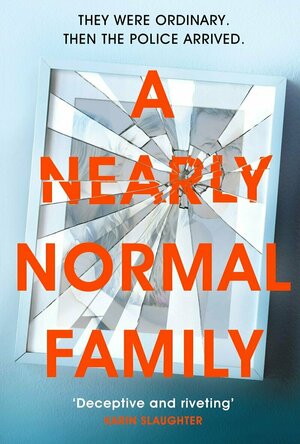
A Nearly Normal Family
Book
M.T. Edvardsson’s A Nearly Normal Family is a gripping legal thriller that forces the reader to...
thriller mystery legal thriller Sweden fiction A Nearly Normal Family
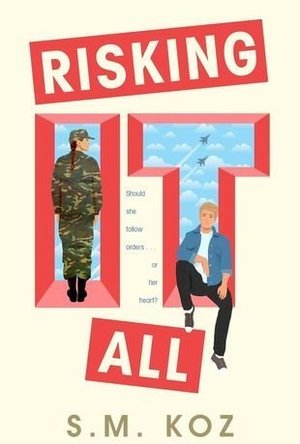
Risking It All
Book
A high-achieving teen who’s determined to become a fighter jet pilot is matched up with an accused...
Contemporary Romance Young Adult
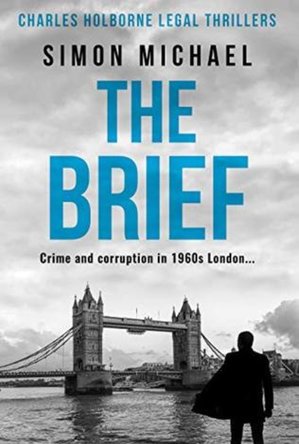
The Brief (Charles Holborne #1)
Book
The legal thriller series you need to read! Perfect for fans of John Grisham, Robert Bailey, Michael...
London 1960s
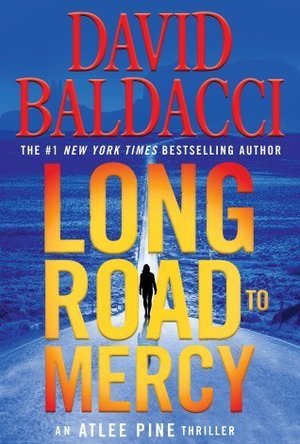
Long Road to Mercy (Atlee Pine, #1)
Book
#1 New York Times bestselling author David Baldacci introduces a remarkable new character: Atlee...
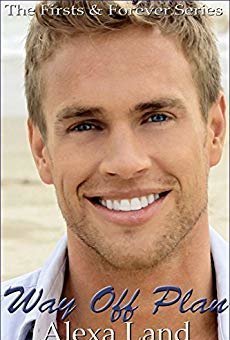
Way Off Plan (Firsts and Forever, #1)
Book
Jamie Nolan is a young cop on his first undercover assignment, sent to investigate Dmitri Teplov, a...
lgbtq gay romance mm romance
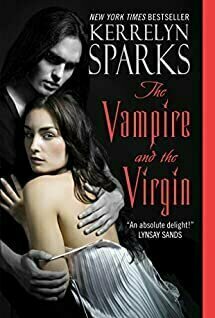
The Vampire and the Virgin (Love at Stake, #8)
Book
Olivia's packing list: 1. Sunscreen 2. Bathing suit 3. Flip-flops FBI psychologist Olivia...
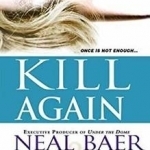
Kill Again (Claire Waters #2)
Book
Haunted by a brutal childhood, Dr. Claire Waters finds solace in helping other survivors of abuse....
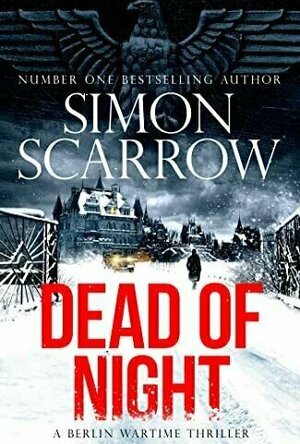
Dead of Night
Book
BERLIN. JANUARY 1940. After Germany's invasion of Poland, the world is holding its breath and...
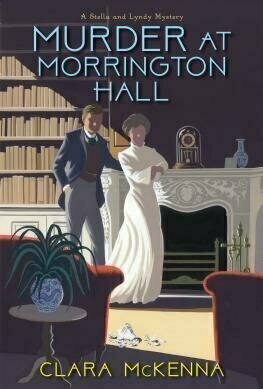
Murder at Morrington Hall
Book
Stella Kendrick is an all-American heiress who can’t be tamed. But when the lively aspiring equine...